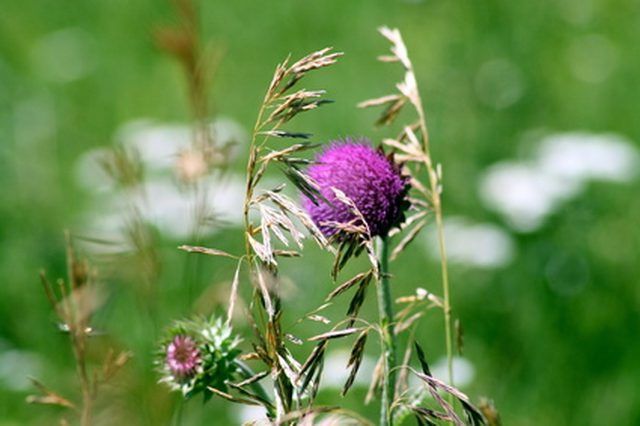Bulbs
Flower Basics
Flower Beds & Specialty Gardens
Flower Garden
Garden Furniture
Garden Gnomes
Garden Seeds
Garden Sheds
Garden Statues
Garden Tools & Supplies
Gardening Basics
Green & Organic
Groundcovers & Vines
Growing Annuals
Growing Basil
Growing Beans
Growing Berries
Growing Blueberries
Growing Cactus
Growing Corn
Growing Cotton
Growing Edibles
Growing Flowers
Growing Garlic
Growing Grapes
Growing Grass
Growing Herbs
Growing Jasmine
Growing Mint
Growing Mushrooms
Orchids
Growing Peanuts
Growing Perennials
Growing Plants
Growing Rosemary
Growing Roses
Growing Strawberries
Growing Sunflowers
Growing Thyme
Growing Tomatoes
Growing Tulips
Growing Vegetables
Herb Basics
Herb Garden
Indoor Growing
Landscaping Basics
Landscaping Patios
Landscaping Plants
Landscaping Shrubs
Landscaping Trees
Landscaping Walks & Pathways
Lawn Basics
Lawn Maintenance
Lawn Mowers
Lawn Ornaments
Lawn Planting
Lawn Tools
Outdoor Growing
Overall Landscape Planning
Pests, Weeds & Problems
Plant Basics
Rock Garden
Rose Garden
Shrubs
Soil
Specialty Gardens
Trees
Vegetable Garden
Yard Maintenance
Weed Killer Home Remedy
Weed Killer Home Remedy. A weed is any plant that grows in the wrong place. Weeds rob gardens of space and nutrients and are eyesores in lawns and along sidewalks. Many commercial weed killers use harsh chemicals harmful to the environment and difficult to handle safely. Luckily it is fairly simple to mix up a homemade weed killer that is safe,...

A weed is any plant that grows in the wrong place. Weeds rob gardens of space and nutrients and are eyesores in lawns and along sidewalks. Many commercial weed killers use harsh chemicals harmful to the environment and difficult to handle safely. Luckily it is fairly simple to mix up a homemade weed killer that is safe, effective and economical.
Formula
To make a batch of homemade weed killer, simply combine 1 qt. of white vinegar, 1/4 cup of table salt and 2 tsp. of mild dish washing liquid. Vinegar is the household name for acetic acid. When sprayed directly on plant growth, acetic acid works to remove the water from the plant leading to the death of the plant. Salt works in a similar manner, drawing the moisture from the leaves of the plant and causing it to dehydrate. Soap is added to the mixture to help aid in the absorption of the formula. The chemical compounds in liquid soap help dissolve the surface wax or protective coating on the leaves of the weeds.
Application
To use the formula, place the combined ingredients in a spray bottle and apply directly to the weed foliage and to the surrounding soil. You may have to apply the treatment several times to achieve the desired result. Bear in mind this type of weed killer is non-specific and will kill any plant life it comes into contact with, so aim carefully. Also, remember this formula can kill beneficial microorganisms found in the soil, leaving the site unsuitable for planting for quite some time after treatment.
Alternatives
The only effectual remedy for some weeds is to never allow them to breathe. All plants must have light and air or they cannot survive. As an alternative to spraying weeds, growth can be prevented by laying down a thick layer of mulch or old newspapers around the base of desirable plants. Additionally, even the most troublesome weeds die eventually if you continually cut away the young leaves as they appear. The key here is persistence. Miss one opportunity and the weed will re-establish itself.